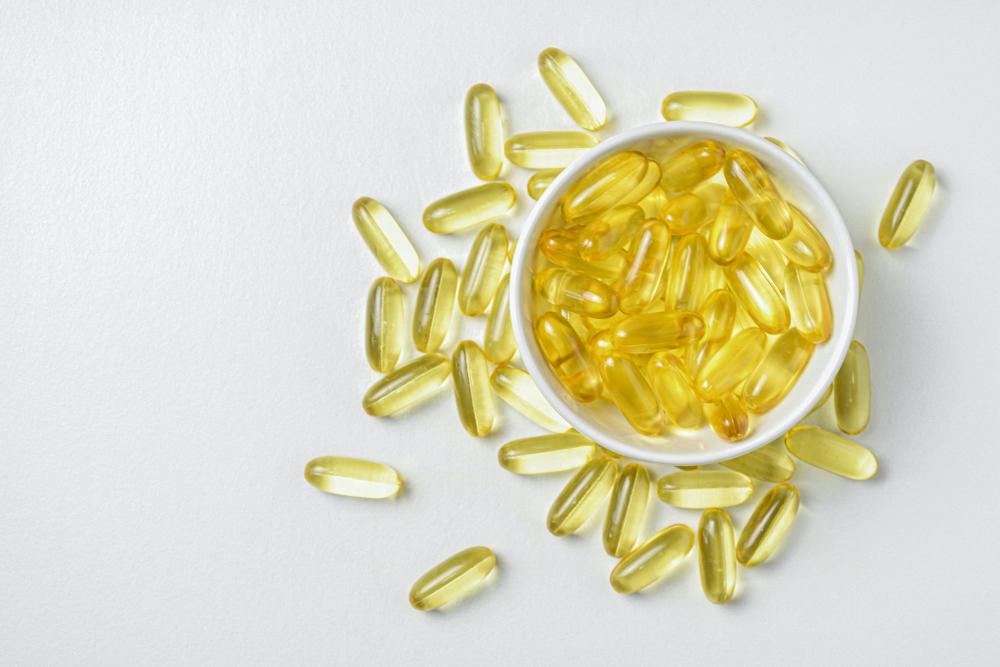Nutrition
Krystina Claire
Beta-carotene
on
May 02, 2023

Beta-carotene is what gives some fruits and vegetables their red/orange/yellow pigment (it’s even found in a few herbs and spices). Our body can convert it to vitamin A. There are two types of vitamin A retinol or beta-carotene. Retinol is found in animal products (dairy, meat and fish products) and I'm sure you would have seen it listed as the star ingredient on many anti-ageing creams. Beta-carotene comes from the colourful fruit and vegetables we eat, but it needs to be converted to retinol by the body for it to be used.
Carrots contain beta-carotene which keep our eyes healthy and helps prevent macular degeneration. I’m sure you heard when you were a child that eating carrots will help you see in the dark…well it’s true! Vitamin A improves eyesight as it is a critical component of the rhodopsin molecule (“a biological pigment found in the rods of the retina. Rhodopsin is extremely sensitive to light and enables our vision in low light conditions”)
Beta-carotene is important during pregnancy and breastfeeding. It has shown to be beneficial in preventing developmental disorders and improving lung function and maturation.
Beta-carotene is converted into retinol when needed by the body, preventing high levels which can be harmful to your developing baby. Don’t take vitamin A supplements during pregnancy, as high levels of vitamin A have been linked to birth defects. Eating a diet rich in beta-carotene is the safest option.
Beta carotene also acts an excellent anti-oxidant and because of the role vitamin A plays in keeping the immune system from overacting it can prevent inflammation in the body. As I have mentioned before in previous posts, inflammation is the root cause of most chronic illnesses.
Beta-carotene is good for your skin health too - although not the same and as effective as using sunscreen - studies have shown it can help protect against sunburn
And remember always speak to your doctor before adding a new supplement to your daily routine. Pregnant woman should avoid supplementing with vitamin A as research shows it can cause birth defects if taken in high doses. Stick to your prenatal supplement as this will have the adequate amount of each vitamin and mineral needed to see you safely through your pregnancy. Vitamin A in high doses can also be harmful to your liver and bone density. Getting vitamin A in the form of beta carotene in your diet is the best option over taking a supplement, as then you only convert what is needed and prevent a build up of toxic levels in your liver.
Keep a look out for my next post where I will share a recipe high in beta-carotene.






